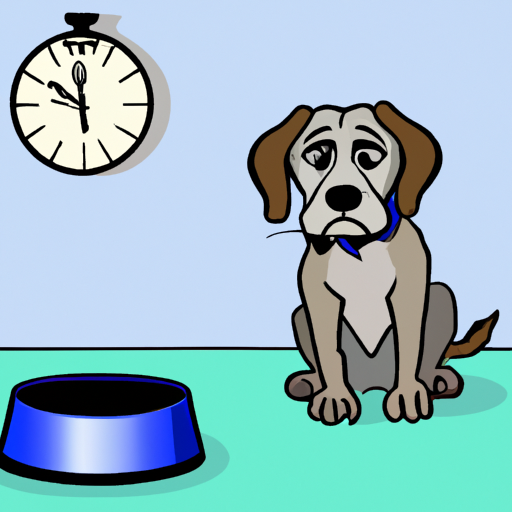Understanding Your Dog’s Need for Water
Your dog’s body, much like your own, is made up of about 80% water. This vital element plays a crucial role in regulating body temperature, assisting digestion, transporting nutrients, and even cushioning joints. As a caregiver, it’s essential to understand that without water, your dog’s health can rapidly deteriorate.
Consider this: while your dog might be able to survive for up to 2 weeks without food, they can only go for a few days, at most, without water.
The Dangers of Dehydration in Dogs
Dehydration in dogs is not something to be taken lightly. Water loss of as little as 10% can lead to serious health problems, while a loss of 15% or more can be fatal.
Here are some signs of dehydration to look out for:
- Loss of appetite
- Lethargy
- Sunken eyes
- Dry, sticky gums
- Loss of skin elasticity
Factors Influencing Your Dog’s Water Needs
The amount of water your dog needs can vary greatly depending on several factors, including:
- Size: Larger dogs will naturally need more water than smaller ones.
- Diet: Dogs on a dry food diet need more water than those on a wet food diet.
- Age and Health: Puppies, elderly dogs, and those with certain health conditions may require more water.
| Factors | Water Requirement |
|---|---|
| Size | High |
| Diet (Dry) | High |
| Diet (Wet) | Low |
| Age/Health | Variable |
Tips for Keeping Your Dog Hydrated
Here are some ways to ensure your dog stays hydrated:
- Always keep a bowl of fresh water available, and refill it frequently.
- Bring a portable water bottle for your dog during walks or outings.
- Add wet food to your dog’s diet to increase their water intake.
- Offer them ice cubes to lick during hot weather.
FAQ: Quick Answers to Your Dog Hydration Questions
Q: How much water should my dog drink per day?
A: A general rule of thumb is that dogs should drink about an ounce of water per pound of body weight daily.
Q: Can my dog drink too much water?
A: Yes, excessive water drinking can lead to a potentially dangerous condition known as water toxicity.
Q: What should I do if I suspect my dog is dehydrated?
A: If your dog shows signs of dehydration, contact your vet immediately.
Remember, as a caregiver, your role is crucial in maintaining your dog’s health. Regularly monitoring their water intake and being alert to signs of dehydration can go a long way in ensuring their well-being.



